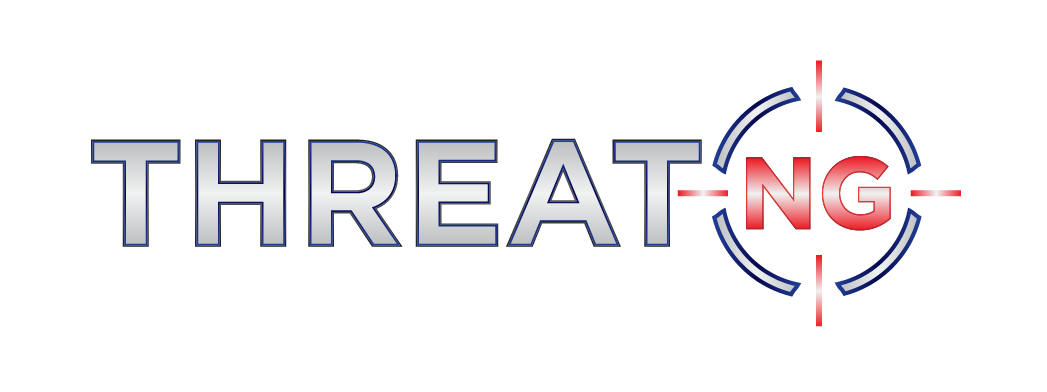TLS/SSL Certificate
In cybersecurity, a TLS/SSL certificate is a digital certificate that verifies a website's identity and encrypts internet traffic to and from that website. TLS (Transport Layer Security) and SSL (Secure Sockets Layer) are cryptographic protocols that provide secure communication over computer networks.
Here's a breakdown of its key aspects:
Digital Identity Verification: A TLS/SSL certificate acts as an electronic passport that confirms a website is who it claims to be. When you visit a website secured with TLS/SSL, the certificate assures your browser that you are communicating with the intended server, not an imposter. This is crucial for preventing phishing attacks and other forms of online fraud.
Encryption: TLS/SSL certificates enable encryption of data transmitted between a user's browser and the website's server. This encryption scrambles the data, making it unreadable to anyone who might intercept it. This protects sensitive information such as login credentials, credit card numbers, and personal details from being stolen during transmission.
Certificate Authority: TLS/SSL certificates are typically issued by trusted third-party organizations called Certificate Authorities (CAs). CAs verify the identity of the website owner before issuing a certificate. Browsers and operating systems maintain a list of trusted CAs and automatically trust certificates issued by these authorities.
How it Works: When a user's browser connects to a website secured with TLS/SSL, the server sends a copy of its TLS/SSL certificate to the browser. The browser then checks the certificate's validity, ensuring a trusted CA issues it and is still valid. The browser and server establish an encrypted connection using the TLS/SSL protocol if the certificate is valid.
Importance: TLS/SSL certificates are fundamental to establishing a secure and trustworthy online environment. They are essential for protecting user data, enabling secure online transactions, and building user confidence in websites. Websites using TLS/SSL typically display a padlock icon in the browser's address bar, indicating that the connection is secure.
ThreatNG provides a robust platform to manage TLS/SSL certificates from an external security perspective. Here's how its features contribute:
The foundation of ThreatNG is its ability to perform external, unauthenticated discovery. This allows ThreatNG to identify all of an organization's externally facing assets, including web servers and applications that use TLS/SSL certificates. This comprehensive discovery ensures that no certificate is overlooked.
ThreatNG's external assessment capabilities are key to evaluating the security and configuration of TLS/SSL certificates.
Cyber Risk Exposure: This assessment considers "certificates" as a parameter. ThreatNG analyzes certificate details (e.g., expiration, issuer, weak encryption) and factors them into the overall cyber risk score. For example, if ThreatNG finds certificates that are expired, self-signed, or using weak cryptographic algorithms, it will increase the Cyber Risk Exposure rating, highlighting the associated security risks.
Subdomain Takeover Susceptibility: Evaluating subdomain takeover susceptibility involves "SSL certificate statuses." ThreatNG checks for inconsistencies between subdomains and their certificates. A mismatch or missing certificate on a subdomain can indicate a potential takeover vulnerability.
Positive Security Indicators: ThreatNG doesn't just find weaknesses; it also identifies "positive security indicators," such as the correct implementation of TLS/SSL. This provides a balanced view of the organization's security posture.
ThreatNG's reporting capabilities deliver valuable insights into TLS/SSL certificate security.
Technical Reports: These reports provide detailed information about certificate issues, such as expiration dates, weak ciphers, and untrusted issuers.
Prioritized Reports: By prioritizing findings (High, Medium, Low), ThreatNG helps security teams focus on the most critical certificate-related vulnerabilities. For example, an expired certificate on a high-traffic e-commerce site would likely be a High priority.
Security Ratings Reports: These reports incorporate the assessment of TLS/SSL certificates into the overall security rating, giving a clear view of how certificate issues affect the organization's security posture.
ThreatNG's continuous monitoring is crucial for maintaining TLS/SSL certificate security.
Expiration Monitoring: ThreatNG can continuously monitor certificate expiration dates and alert security teams to prevent outages and security warnings.
Configuration Changes: It can detect changes in certificate configurations, such as using weaker ciphers or changes in the issuer, which might indicate a downgrade in security.
ThreatNG's investigation modules provide detailed information for analyzing TLS/SSL certificates.
Subdomain Intelligence: This module includes "Header Analysis," which can reveal how certificates are used with security headers.
Certificate Intelligence: This module provides "TLS Certificates (Status, Issuers, Active, Certs without Subdomains, Subdomains without Certificates)" and "Associated Organizations (Domains, Certificates, and Emails)," giving a comprehensive view of an organization's certificate landscape.
IP Intelligence: This module can correlate certificates with specific IPs and ASNs, aiding in identifying certificate usage across an organization's infrastructure.
ThreatNG's intelligence repositories enhance the understanding of certificate-related risks.
Known Vulnerabilities: The repository of known vulnerabilities may include information about vulnerabilities related to specific certificate configurations or weaknesses in certificate authorities.
Working with Complementary Solutions
ThreatNG's certificate-focused information can be valuable for integrating with other security tools:
Certificate Management Systems: ThreatNG can complement certificate management systems by externally validating certificate deployment and security.
Example: ThreatNG identifies a publicly accessible server that lacks a valid TLS certificate, while the certificate management system indicates a certificate should be installed. This discrepancy highlights a critical configuration issue.
Security Information and Event Management (SIEM) Systems: ThreatNG can feed certificate-related findings into a SIEM to correlate them with other security events.
Example: ThreatNG detects weak TLS ciphers, and the SIEM shows increased traffic from a known malicious IP address. This combination suggests a potential attempt to exploit the weak ciphers.
Web Application Firewalls (WAFs): ThreatNG's assessment of certificate configurations can inform WAF rules.
Example: ThreatNG identifies missing HSTS headers. The security team can then configure the WAF to enforce HSTS, ensuring secure connections.
ThreatNG offers a comprehensive approach to managing TLS/SSL certificate security by providing discovery, assessment, reporting, continuous monitoring, and investigation capabilities. Its ability to integrate with other security tools further enhances its value in ensuring secure communications.

